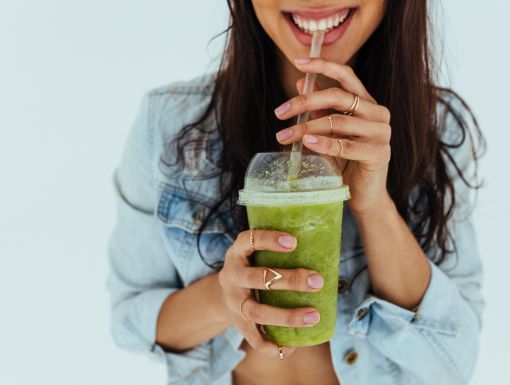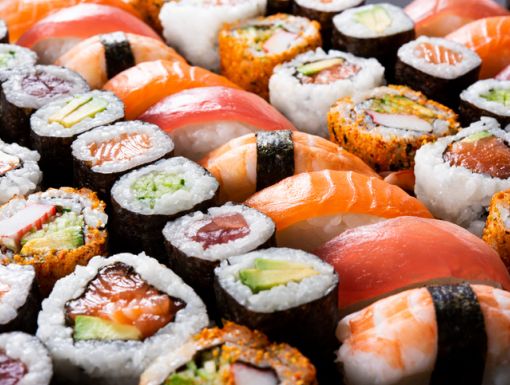
5 Nutritional Swaps That Aren't Worth It
Eating healthy shouldn’t feel like a chore; instead, it should make us feel good about our choices both inside and out. However, with all the misconceptions out there and manufacturers slapping “fat-free” and “sugar-free” labels all over their packages like they’re an “open-here” instructional tab, being misinformed about a food product’s true health benefits can leave us feeling deprived and discouraged as a result.
I recently addressed this dilemma we may encounter sometimes when scanning food packages in the grocery aisle in my “Get the Skinny” segment, giving five nutritional swaps that just aren’t worth it next time we may be considering switching to a different food or beverage product.
- Peanut butter to reduced fat peanut butter. Most brands have 190 calories per two-tablespoon serving, the same that we’ll find in regular peanut butter. And reduced fat peanut butter often has twice as many carbs, thanks to added corn syrup and sugar. The fat content isn’t much lower either, with 12-13 grams per serving, compared to 16 grams of fat in regular peanut butter.
- Chocolate to sugar-free chocolate. We’re really not getting a significant savings in terms of calories and carbs when it comes to chocolate, a favorite craving for many of us. A 1.5-ounce serving of sugar-free chocolate-covered peanut butter cups, for example, has 197 calories and 21 grams of carbs, compared to 210 calories and 24 grams of carbs for the fully loaded version. And sugar-free milk chocolate has 190 calories and 25 grams of carbs, compared to 210 calories and 21 grams of carbs in the real deal.
- Cookies to fat-free or sugar-free cookies. The Cookie Monster would be happy to know that for the most part, a cookie’s a cookie. Popular brands of fat-free and sugar-free cookies (think Snackwell’s and Murray’s) have almost exactly the same carb and calorie stats as their Chips Ahoy and Oreo counterparts.
- Light beer to Michelob Ultra. Unless we really love it, we shouldn’t make the switch just to save on carbs. Per 12-ounce serving, Michelob Ultra has 95 calories and 2.6 grams of carbs. Compare that to Miller Light, with 96 calories and 3.2 grams of carbs.
- Sugar to agave (or coconut palm sugar or vegan cane sugar or honey). Even though they’re less processed and lower-glycemic than plain old white sugar (meaning they cause less of a spike in blood sugar), for those of us watching calories and trying to keep our weight in check, these sugar swaps aren’t any lower in calories than ordinary white sugar. Plus, with four grams of sugar per teaspoon, they still count as ‘added’ sugars in our diet (the American Heart Association recommends no more than 25 grams of added sugar per day for women, and no more than 37 grams for men).
For more on this topic, watch Molly’s “Get the Skinny” segment on WGNO New Orleans.



